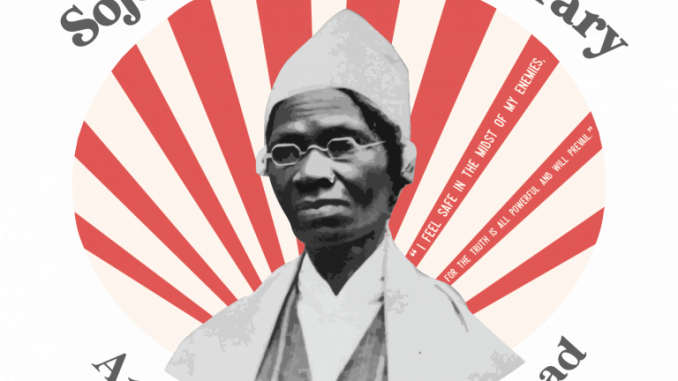
Beginning March 1 and spanning the entirety of the month, the Sojourner Truth Library will be hosting their second-annual Anti-Racist Campus Read program, which aims to create a safe space for students and faculty to come together and discuss the history of racism and how it is still prevalent in day-to-day life.
The program began last year, founded by Senior Assistant Librarian, Jennifer Rutner. “After the murder of George Floyd and Breonna Taylor in 2020, there were a lot of conversations on campus about anti-racism,” Rutner said. “I wanted to find an impactful way for the library to play a part in these conversations and renew our commitment to the movement for Black lives.”
In June of 2020, only a few days after the untimely death of George Floyd and the beginning of the Black Lives Matter (BLM) protests, the Sojourner Truth Library issued an official anti-racist statement, saying, “As horrific recent events remind us of the racism built into the social, legal, economic, religious, cultural and educational systems of our nation, we in the Library stand with those who protest violence against Black people and people of color. We reaffirm, in so doing, our determination to ensure equitable, inclusive access to our resources, our commitment to anti-racist practice, and our pledge to use our skills and resources to advance the production of knowledge for social justice.”
The library staff then states that they are committed to engaging with the community and using their resources to foster healthy conversations, which is something that was reiterated heavily by Rutner; “We want this program to be something accessible to everyone on campus, not just students. We recognize that everyone is coming into this from their own unique perspective and experiences, but this is explicitly not meant to be a training for white people about antiracism. It is meant to highlight Black voices.”
The program consists of four separate, week-long modules that contain either one or two different readings or podcasts, which are then discussed in a socratic-seminar style. The discussions are led by a mix of either lecturers, professors, graduate students or library staff members, who have been prepared and trained to be able to lead a group discussion on this sensitive issue.
The list of works spans from writings from Black abolitionists during the 19th century, to modern-day podcasts that discuss the trials and tribulations of Black people who have been unfairly arrested.
Last year, the program had a total of 161 participants, with about 45 people in each module. As of Feb. 22, there are only 86 total registrations, and Rutner emphasizes, “people can still register until the 28th. Registration is open to literally everyone on campus, not not to students and faculty, but also administration and all of our staff, including CSEA staff, and we really hope to see broad participation across all of the categories of folks on campus.”
Since February is Black History Month, it is important to pay attention and discuss systemic racism throughout all months of the year, which is why this program is taking place in March. It is also important to remember to be introspective when having these conversations, and to not feel like it is an attack or a judgment of your background. According to Rutner, however, the students of SUNY New Paltz do a great job of that when in these kinds of discussions, “I’m always impressed by the thoughtfulness and resilience that SUNY New Paltz students bring to these conversations,” says Rutner.
